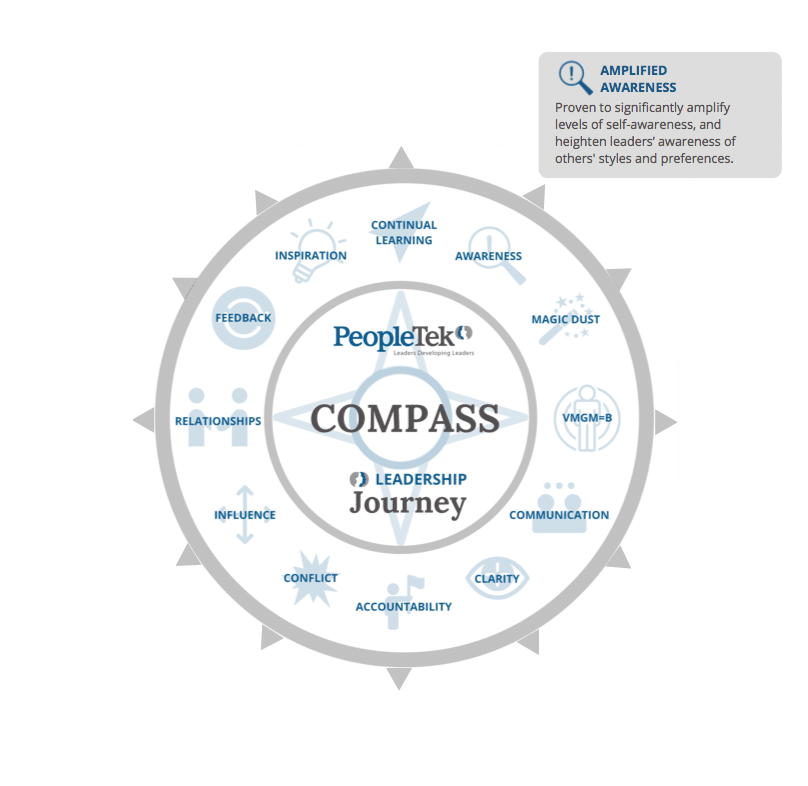The quality of a person’s life is in direct proportion to their commitment to excellence, regardless of their chosen field of endeavor.
–Vince Lombardi
If you had to pick just one thing you wanted to achieve or change in 2019, what would it be?
It could be related to your professional life (for you as an individual, or for your team/organization), or it could be related to your personal life.
From an individual perspective:
- Where do you want to be more impactful? (personally or professionally)
- What areas would you like to see grow? (financially or intellectually)
- Are there relationships that need to be developed or enhanced?
- Does communication need to be addressed – is it insufficient or lacking clarity?
- Is there a commitment to continual learning?
- Does complacency have any role?
- How’s the home / work balance?
From an organizational perspective, do colleagues:
- Trust one another?
- Have open lines of communication?
- Engage in healthy conflict?
- Commit to decisions?
- Hold one another accountable?
- Focus on achieving collective results?
- Does the work culture support the agile mind-set?
- Is risk taking encouraged?
- Are differences appreciated and leveraged? (strengths/behaviors/styles/values)
It all starts with awareness; what do you envision for 2019? How do you plan to make it real, and are there any barriers preventing success?
What’s one thing you want to achieve or change?
We can help!
The only limit to your impact is your imagination and commitment.
–Anthony Robbins



